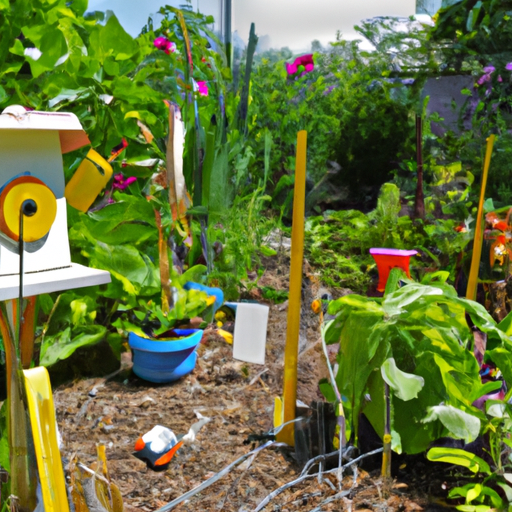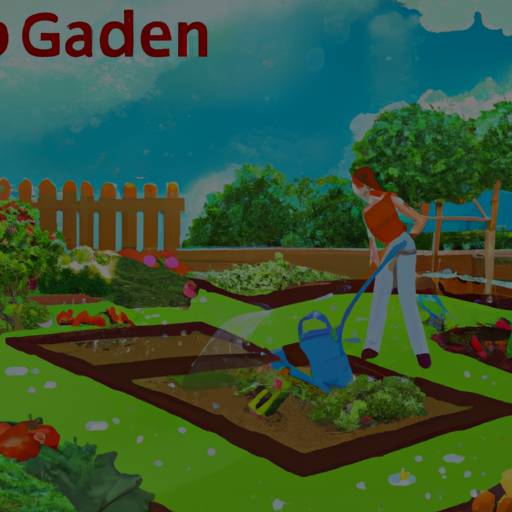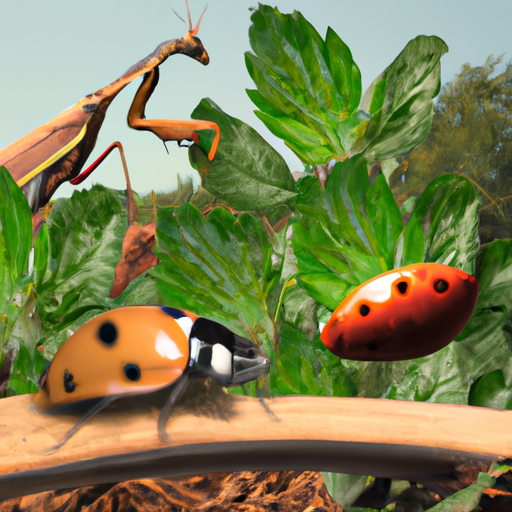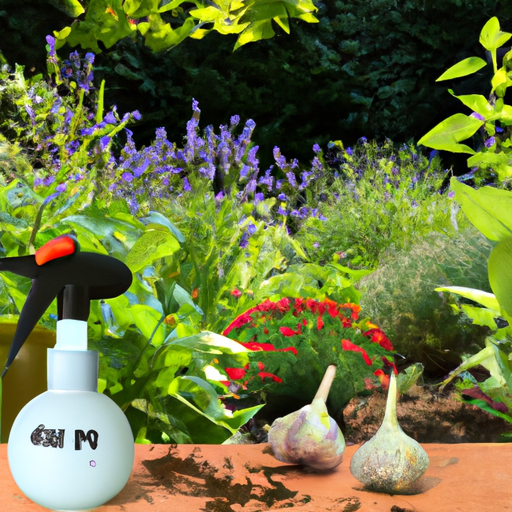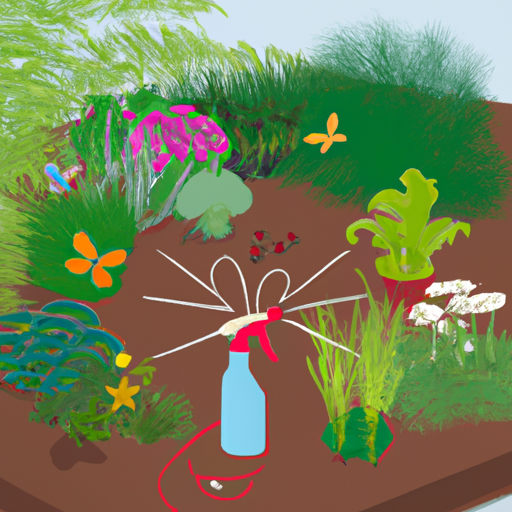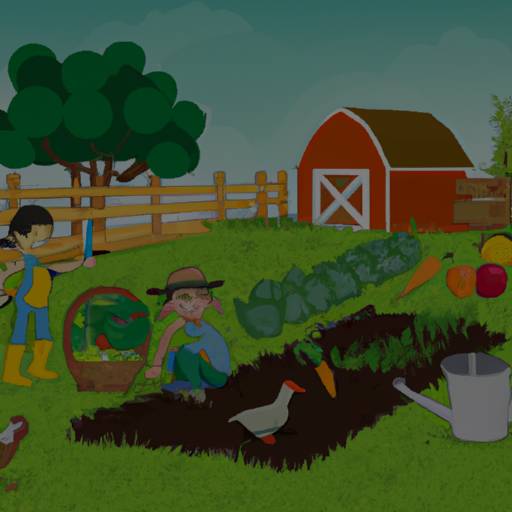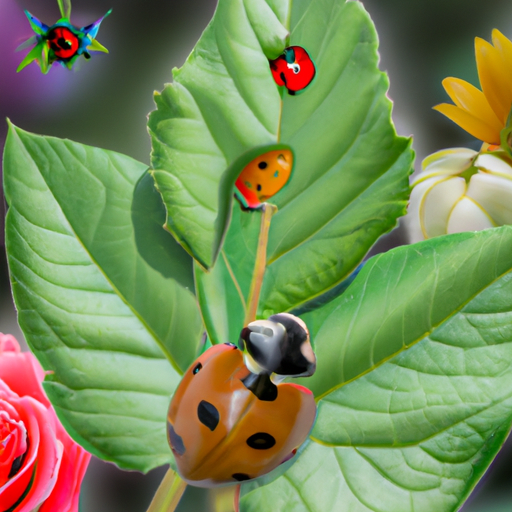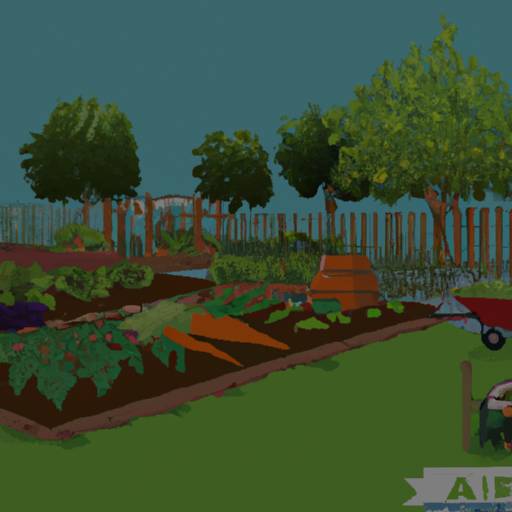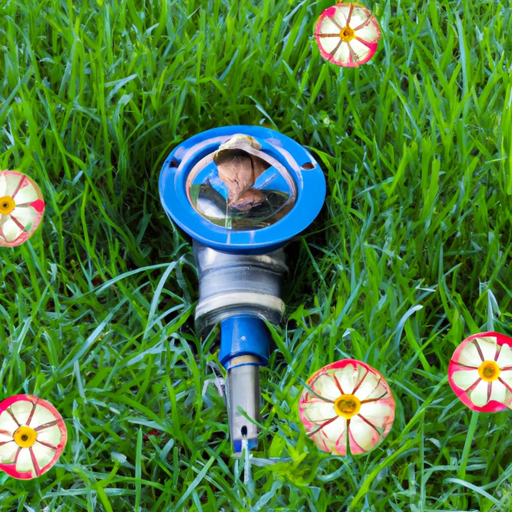Traps and Baits: Effective Organic Pest Control
Traps and baits are effective tools for organic pest control, targeting specific pests without harming beneficial insects. Different types of traps work best for different pests, such as sticky traps for flying insects and pitfall traps for ground-dwelling insects. Baits can be made using natural ingredients like sugar and fruit juice to attract pests without harmful chemicals. Combining traps and baits can increase their effectiveness, and they should be checked and replaced regularly. Precautions should be taken when using traps and baits around children and pets. Experimenting with different methods is recommended for optimal results.
